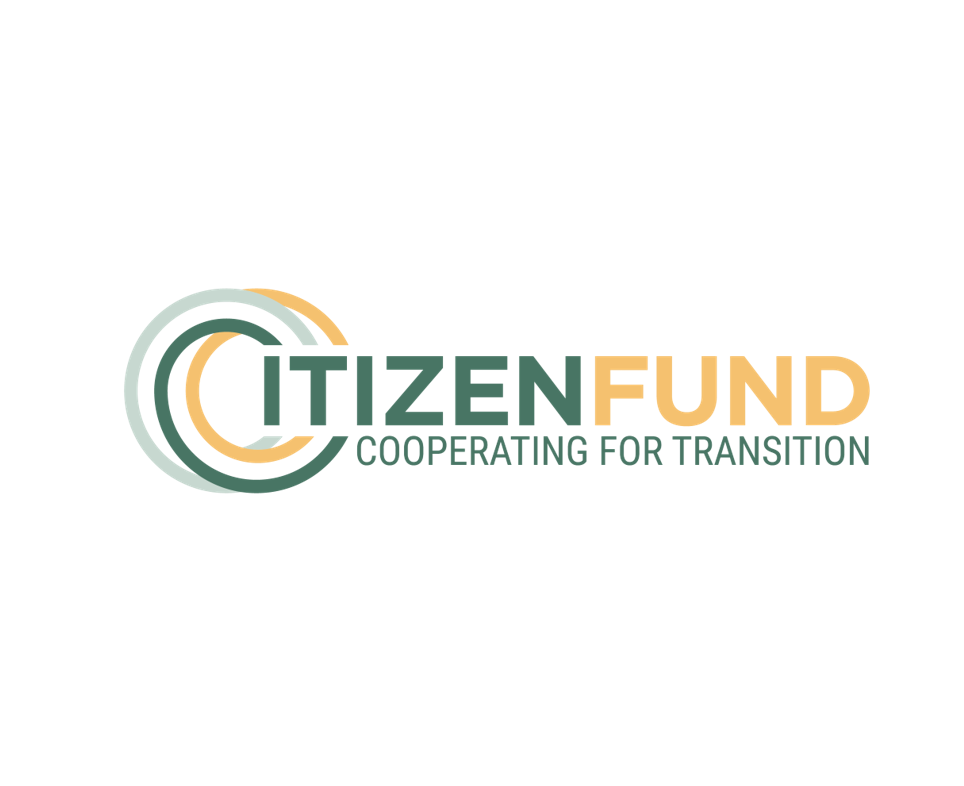

Citizenfund

Brussels-Capital Region, Belgium
June 2022
Equity investing - Developed Markets
Service with Minor Environmental Footprint
Belgium
Citizenfund is a cooperative and impact investment fund. Any citizen or company can invest a little bit of its money in the fund. With these amounts, we finance companies that have a positive impact on society. It is the cooperators (shareholders) of the Citizenfund who choose the social businesses that the fund finances, after meeting the entrepreneurs. Citizenfund operates according to the cooperative governance principle of "1 person = 1 vote". Each member has the same voting power, regardless of the type of share and the amount invested, for both investment decisions and internal governance. Citizenfund uses finance as a virtuous instrument to bring about the positive changes that society needs. Already 235 cooperators invested over 500.000 € in the Citizenfund. 23 social businesses were funded since the creation of the fund.
Overall B Impact Score
Governance 20.1
Governance evaluates a company's overall mission, engagement around its social/environmental impact, ethics, and transparency. This section also evaluates the ability of a company to protect their mission and formally consider stakeholders in decision making through their corporate structure (e.g. benefit corporation) or corporate governing documents.
What is this? A company with an Impact Business Model is intentionally designed to create a specific positive outcome for one of its stakeholders - such as workers, community, environment, or customers.
Community 29.2
Community evaluates a company’s engagement with and impact on the communities in which it operates, hires from, and sources from. Topics include diversity, equity & inclusion, economic impact, civic engagement, charitable giving, and supply chain management. In addition, this section recognizes business models that are designed to address specific community-oriented problems, such as poverty alleviation through fair trade sourcing or distribution via microenterprises, producer cooperative models, locally focused economic development, and formal charitable giving commitments.
Environment 1.8
Environment evaluates a company’s overall environmental management practices as well as its impact on the air, climate, water, land, and biodiversity. This includes the direct impact of a company’s operations and, when applicable its supply chain and distribution channels. This section also recognizes companies with environmentally innovative production processes and those that sell products or services that have a positive environmental impact. Some examples might include products and services that create renewable energy, reduce consumption or waste, conserve land or wildlife, provide less toxic alternatives to the market, or educate people about environmental problems.
Customers 34.3
Customers evaluates a company’s stewardship of its customers through the quality of its products and services, ethical marketing, data privacy and security, and feedback channels. In addition, this section recognizes products or services that are designed to address a particular social problem for or through its customers, such as health or educational products, arts & media products, serving underserved customers/clients, and services that improve the social impact of other businesses or organizations.
What is this? A company with an Impact Business Model is intentionally designed to create a specific positive outcome for one of its stakeholders - such as workers, community, environment, or customers.